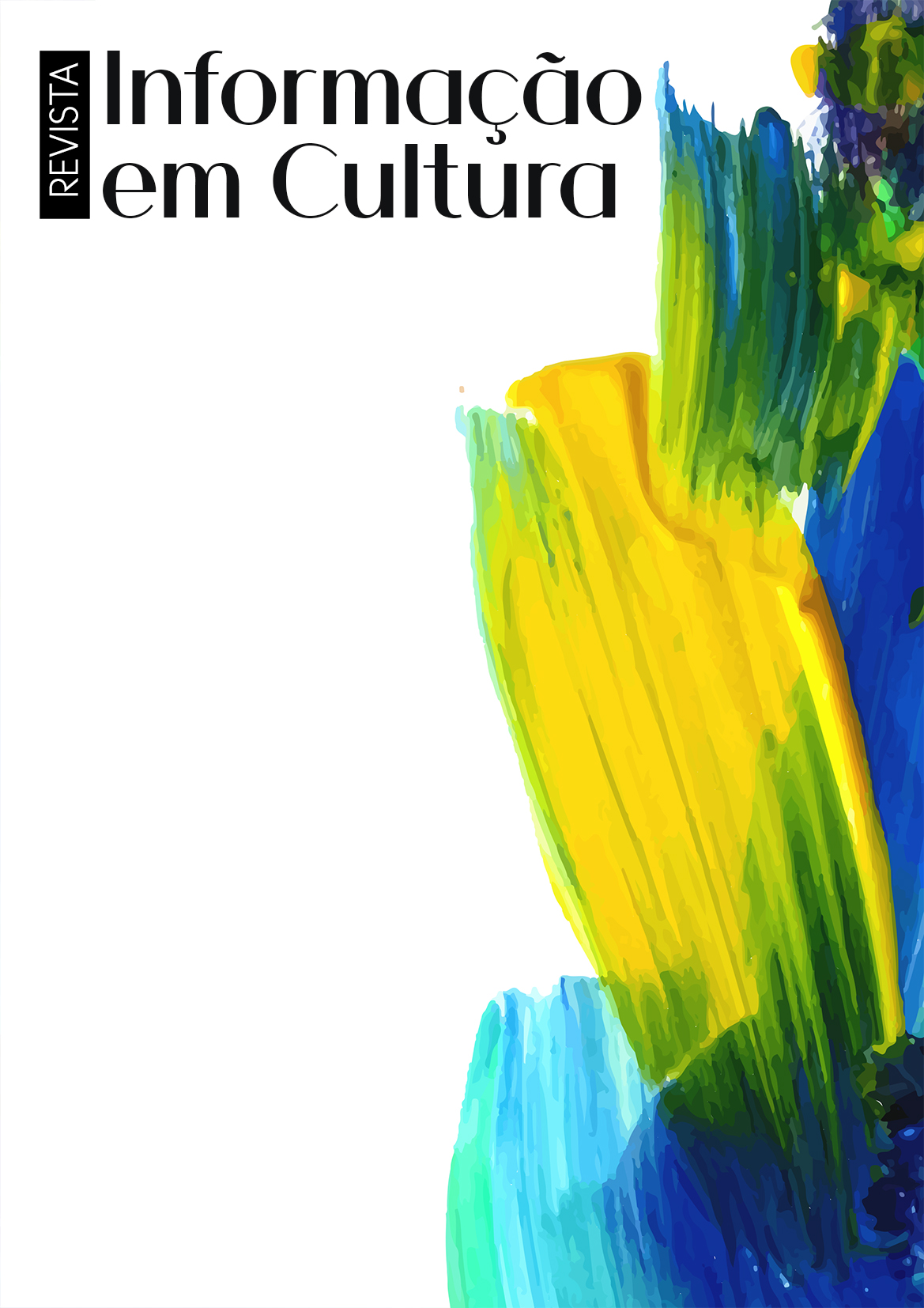O Transfronteirismo da cultura gaúcha na região do prata
dos changadores às fronteiras culturais
DOI:
https://doi.org/10.21708/issn2674-6549.v5i1a11044.2023Palavras-chave:
Identidade cultural, Cultura Gaúcha, Rio da Prata, Cultural identity, Gaucha Culture, Río de la PlataResumo
Português
A formação da “cultura gaúcha” se deu a partir do encontro dos colonizadores ibéricos com os indígenas, na região do Rio da Prata. O gaucho platino caracterizava-se como uma figura crioula, com baixa vinculação a reinos ou pátrias e quase sem limites fronteiriços à sua circulação. Mas, com o surgimento dos tratados de limites coloniais e, sobretudo, dos países independentes, criaram-se tradições gaúchas separadas na Argentina, no Brasil e no Uruguai, como parte da formação das identidades nacionais e regionais. No Brasil, buscou-se separar o “bom” gaúcho brasileiro do malo gaucho platino, utilizando-se a Revolução Farroupilha como mito fundador do gaúcho heróico. O problema de pesquisa está nesta “separação” de uma matriz cultural originalmente unificada e na possibilidade de reintegrá-la na atualidade. O objetivo geral foi demonstrar o caráter transfronteiriço da cultura gaúcha. Tratou-se de um trabalho exploratório, que se utiizou de fontes científicas e jornalísticas, além de trechos de músicas e poemas a fim de retratar os elementos da cultura gaúcha trazidos ao longo do texto. Ao final, foi possível de explorar seu potencial integrador, através do conceito de “fronteiras culturais”.
English
The formation of the “gaucho culture” took place from the encounter of the Iberian colonizers with the indigenous people, in the Rio da Prata region. The platino gaucho was characterized as a Creole figure, with little connection to kingdoms or homelands and almost no border limits to his circulation. But with the emergence of treaties of colonial boundaries and, above all, of independent countries, separate gaucho traditions were created in Argentina, Brazil and Uruguay, as part of the formation of national and regional identities. In Brazil, there was a separation of the “good” Brazilian gaucho from the “bad” platino gaucho, using the Farroupilha Revolution as a founding myth of the heroic Brazilian gaucho. The research problem lies in this “separation” from an originally unified cultural matrix and in the possibility of reintegrating it today. The general objective was to demonstrate the cross-border character of the gaucho culture. It was an exploratory work, which used scientific and journalistic sources, as well as excerpts from songs and poems to portray the elements of the gaucho culture brought throughout the text. In the end, it has been possible to explore its integrative potential, through the concept of “cultural borders”.
Downloads
Downloads
Publicado
Como Citar
Edição
Seção
Licença
Copyright (c) 2023 Licenças Creative Commons

Este trabalho está licenciado sob uma licença Creative Commons Attribution-ShareAlike 4.0 International License.





